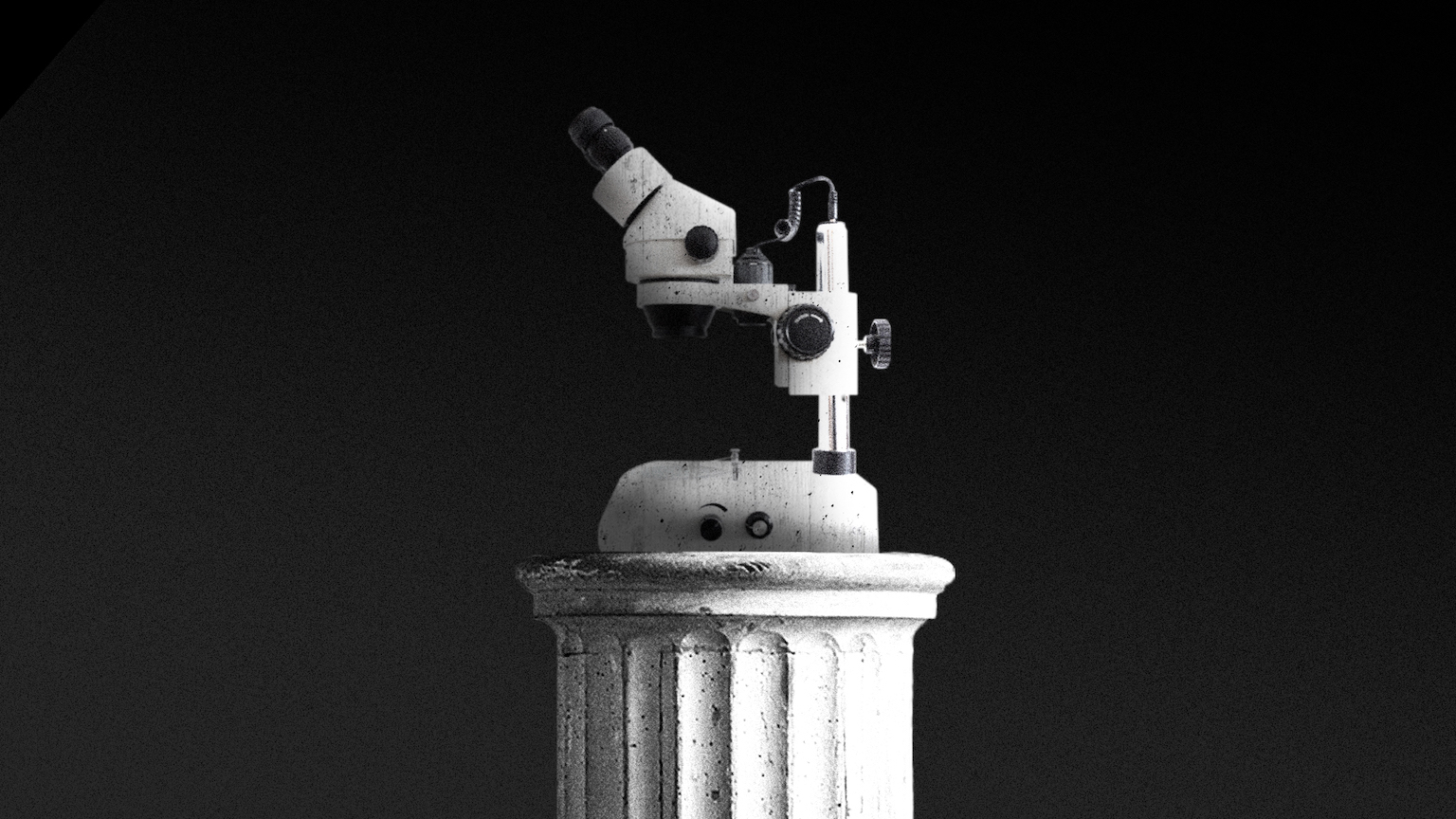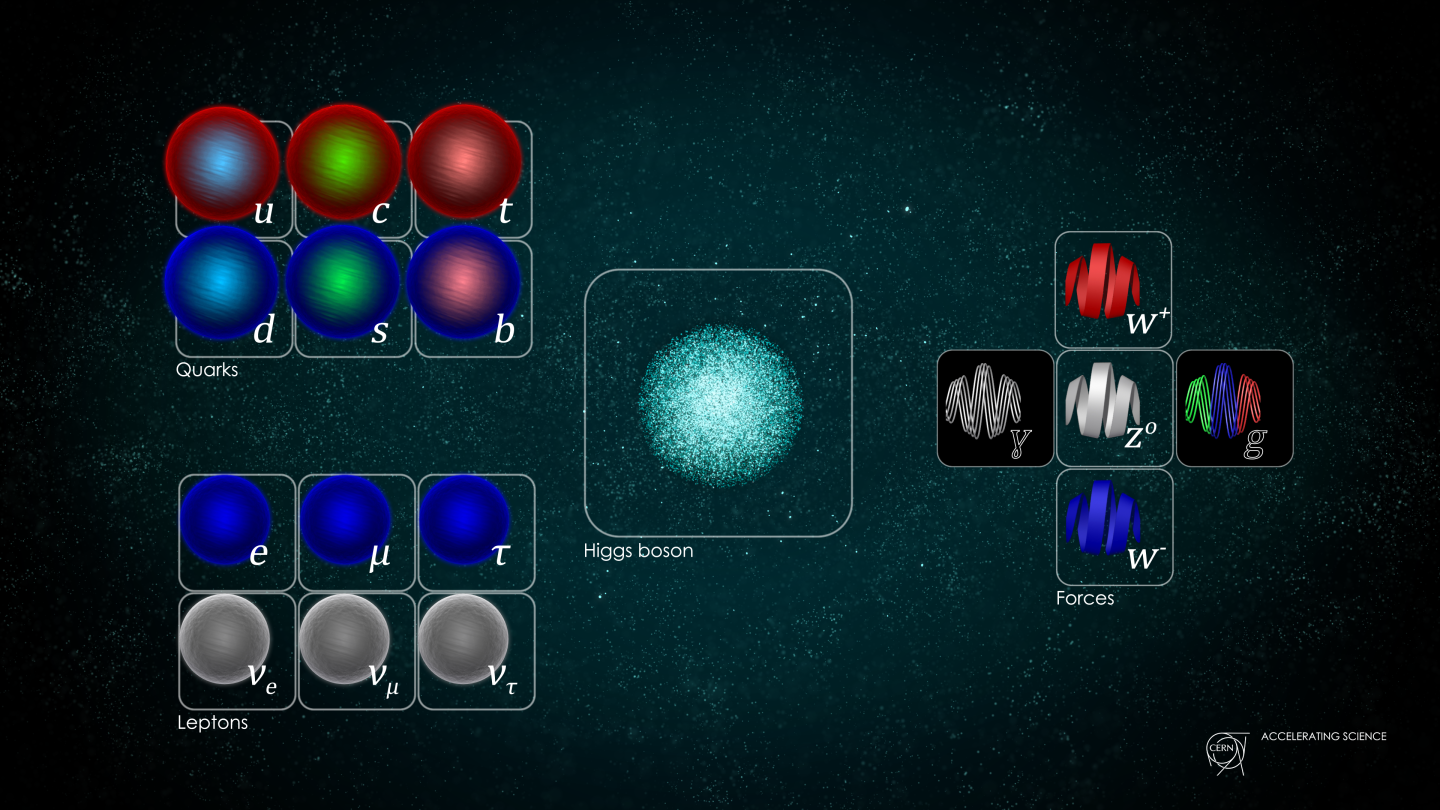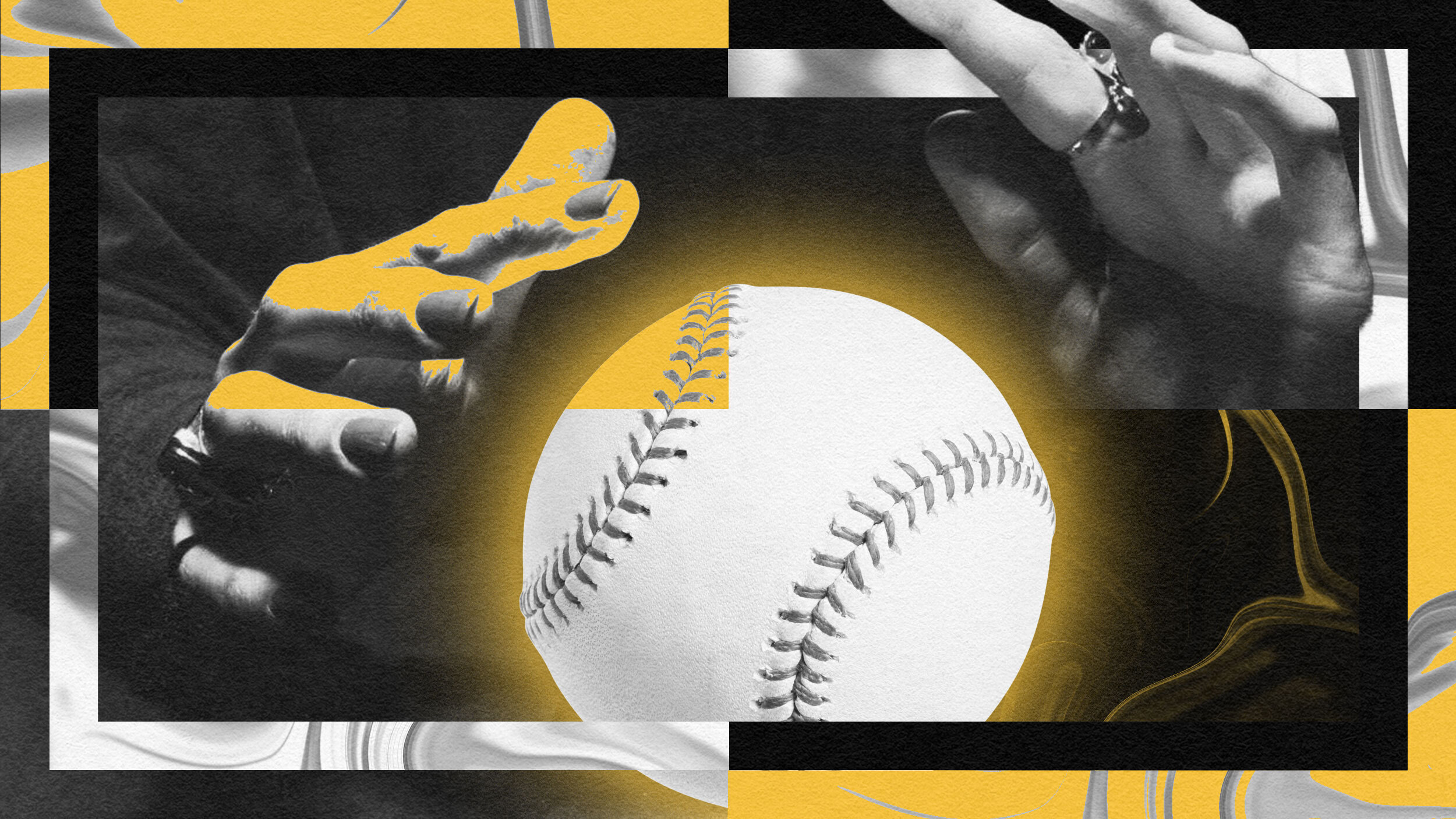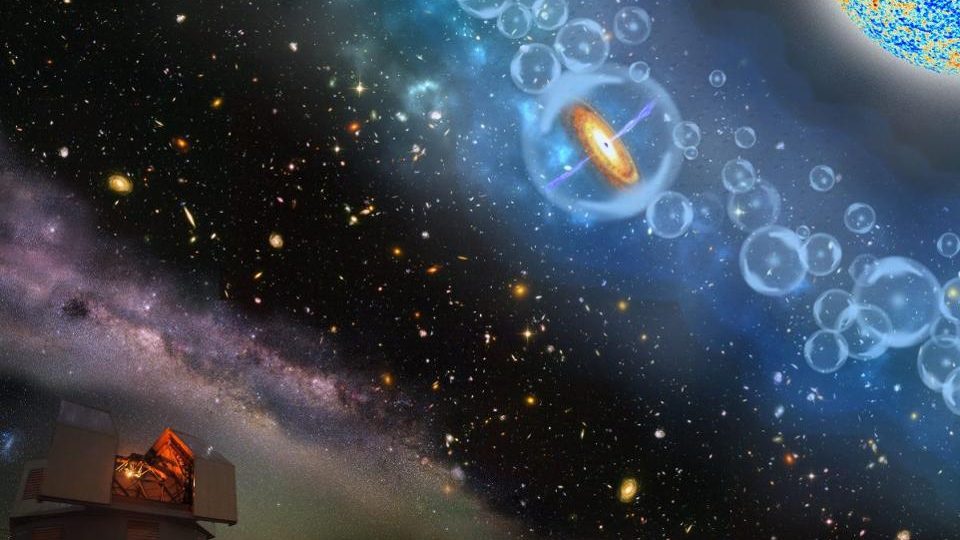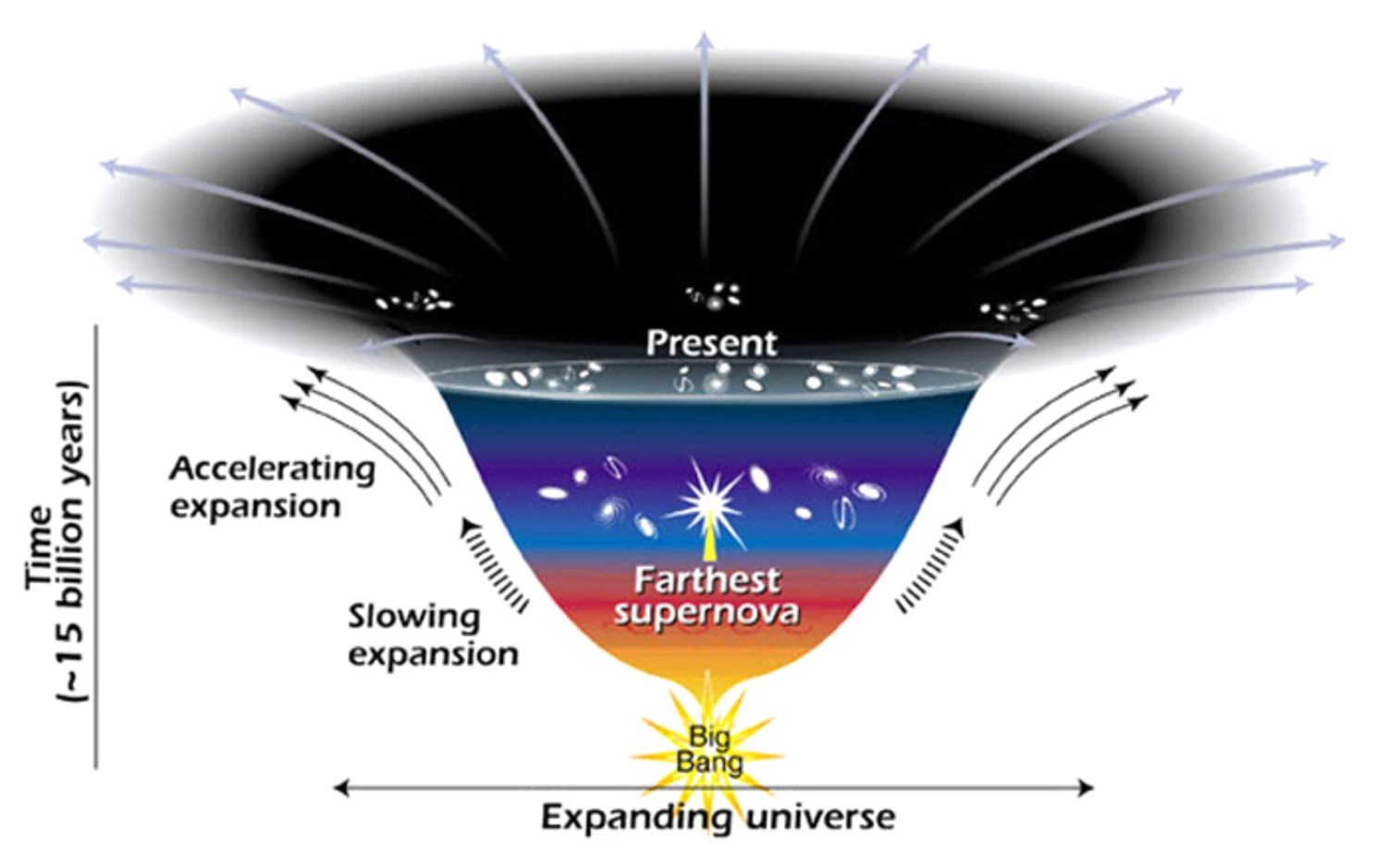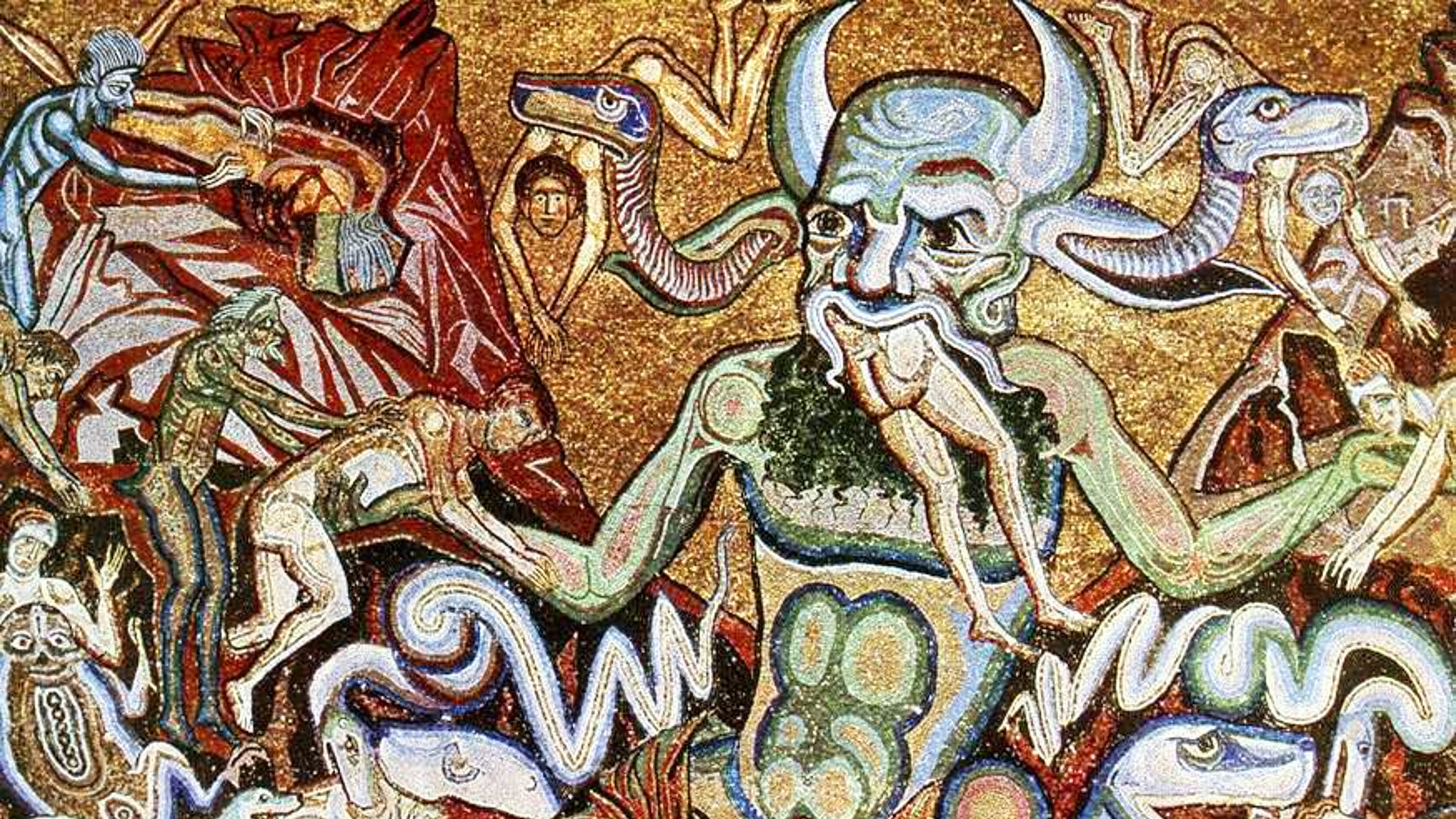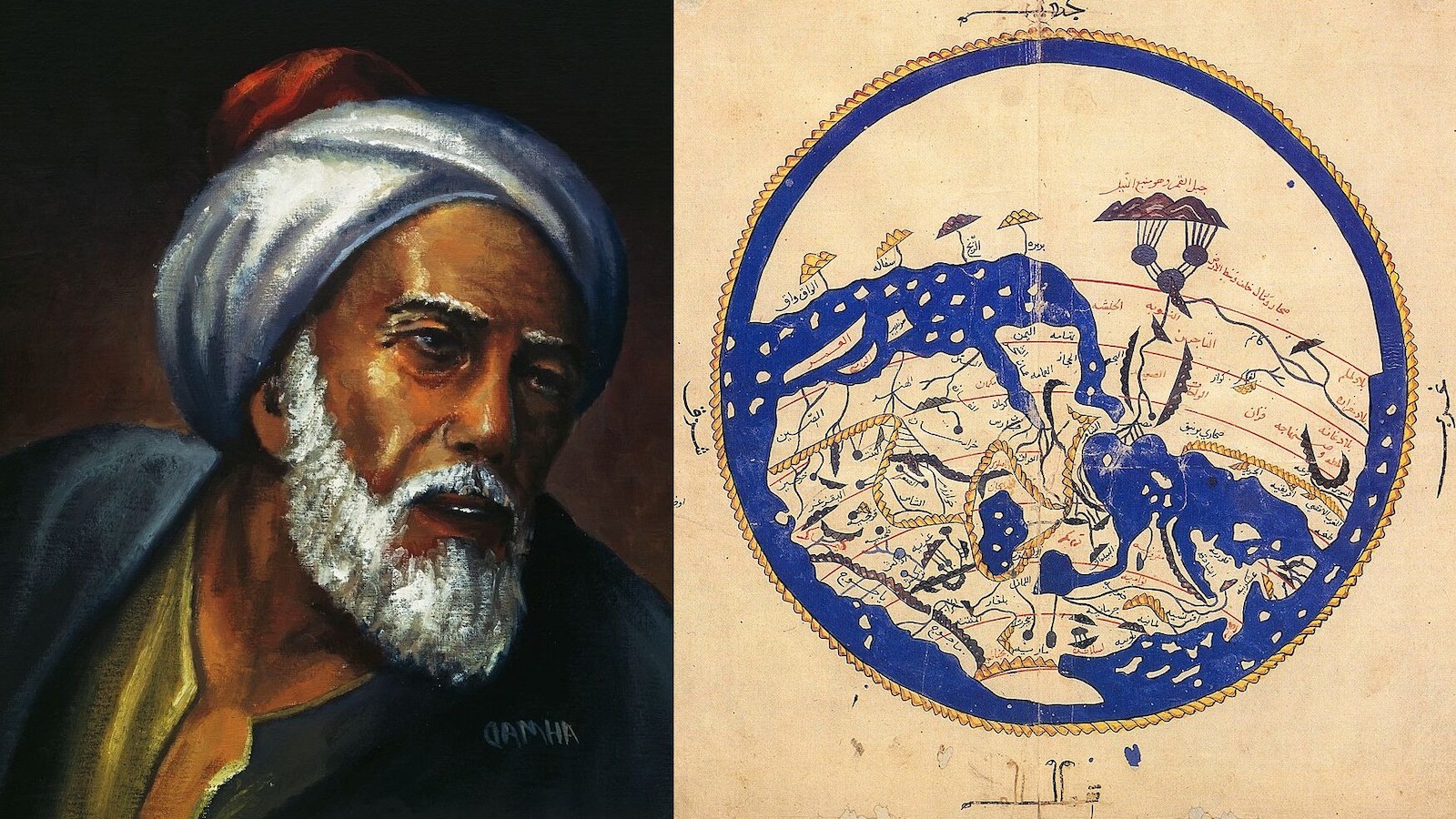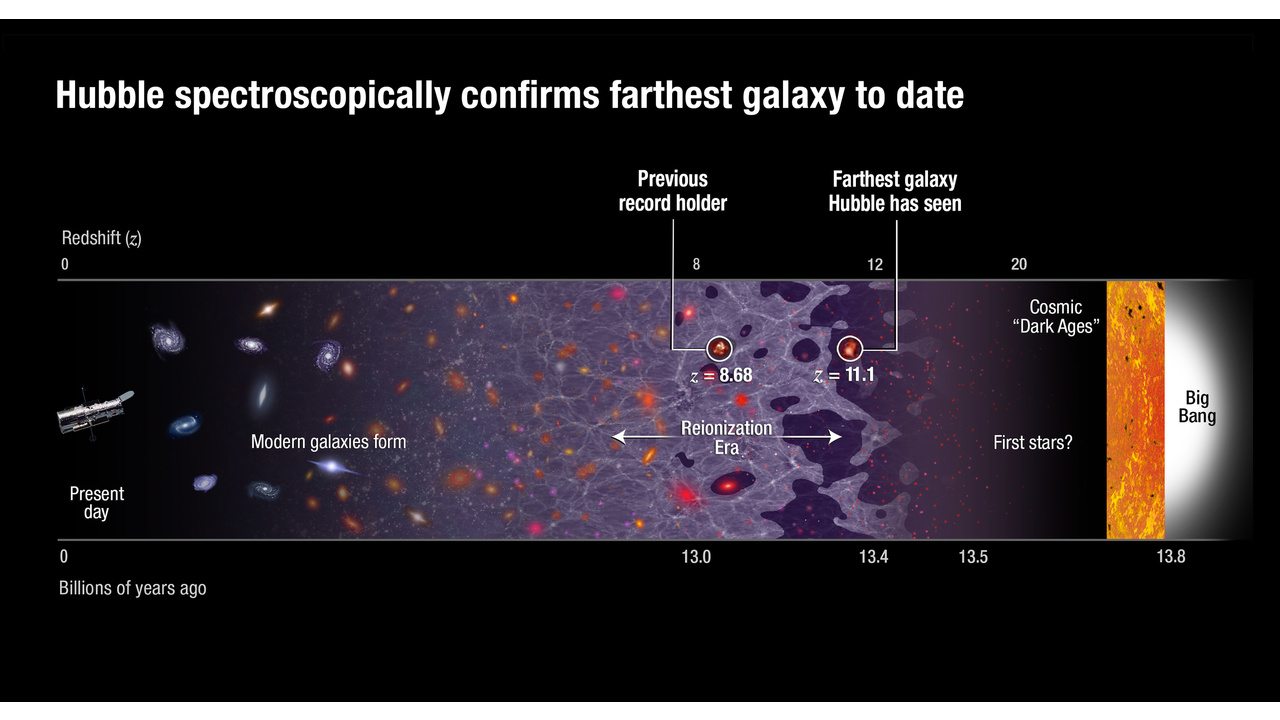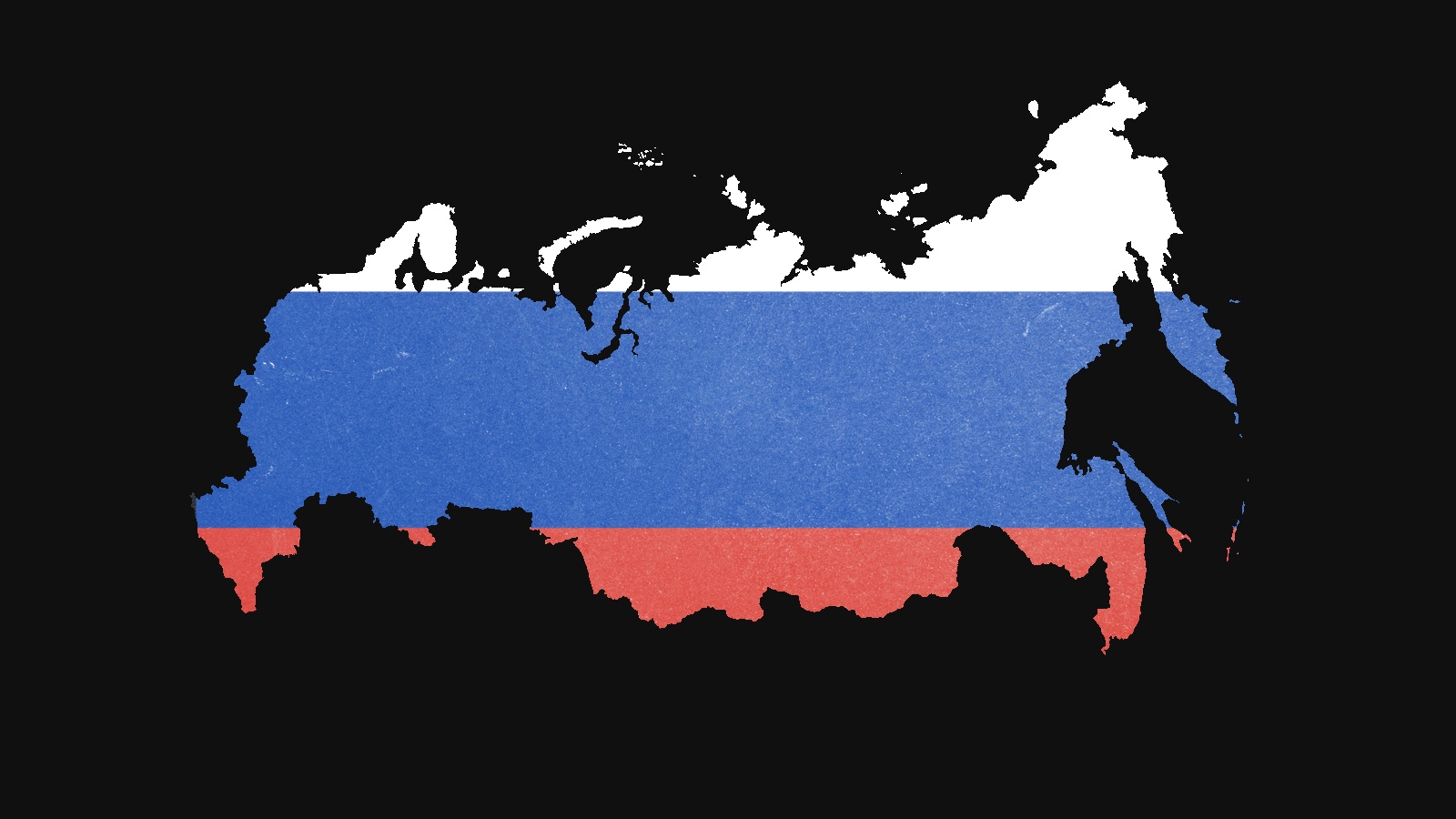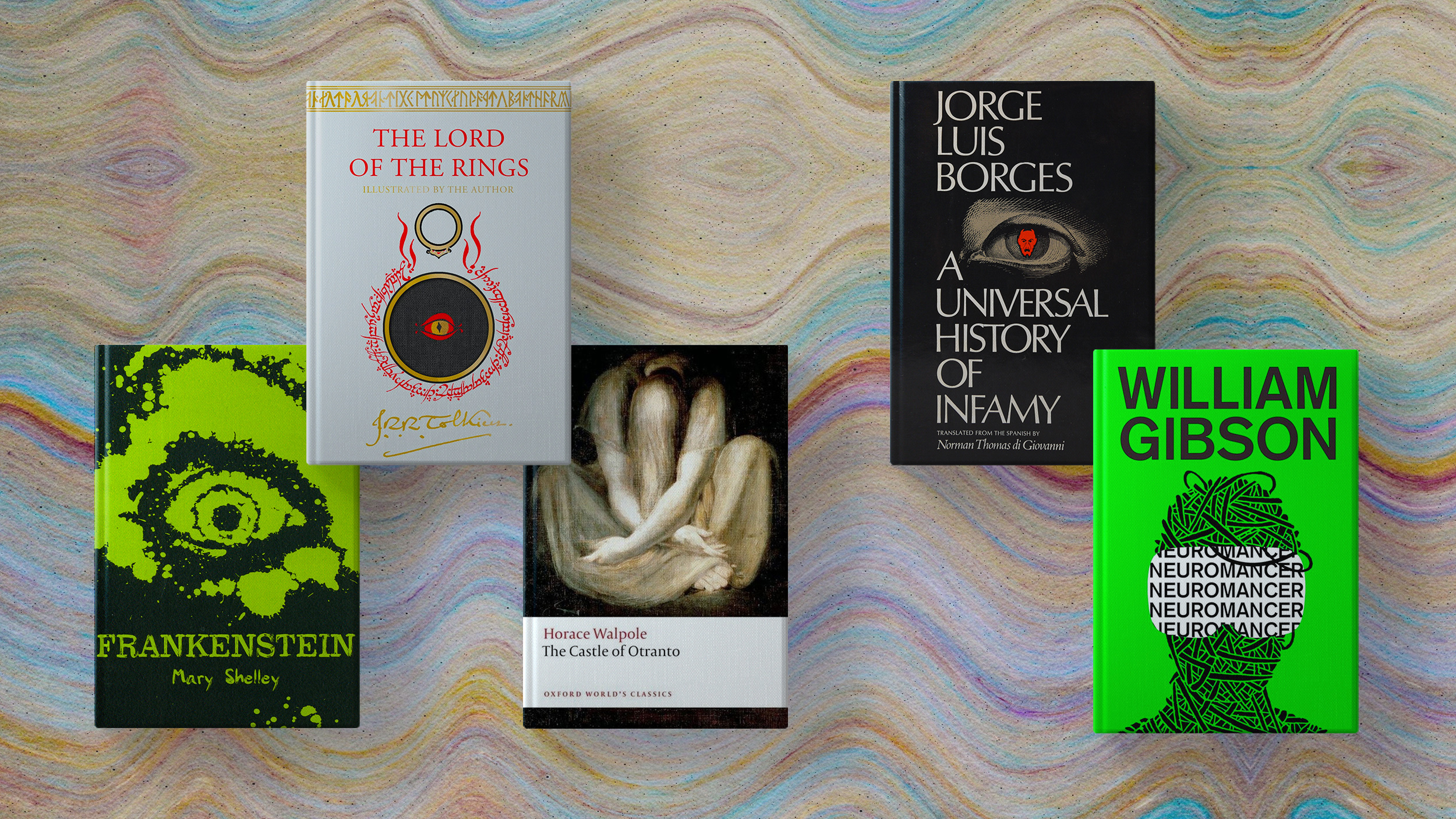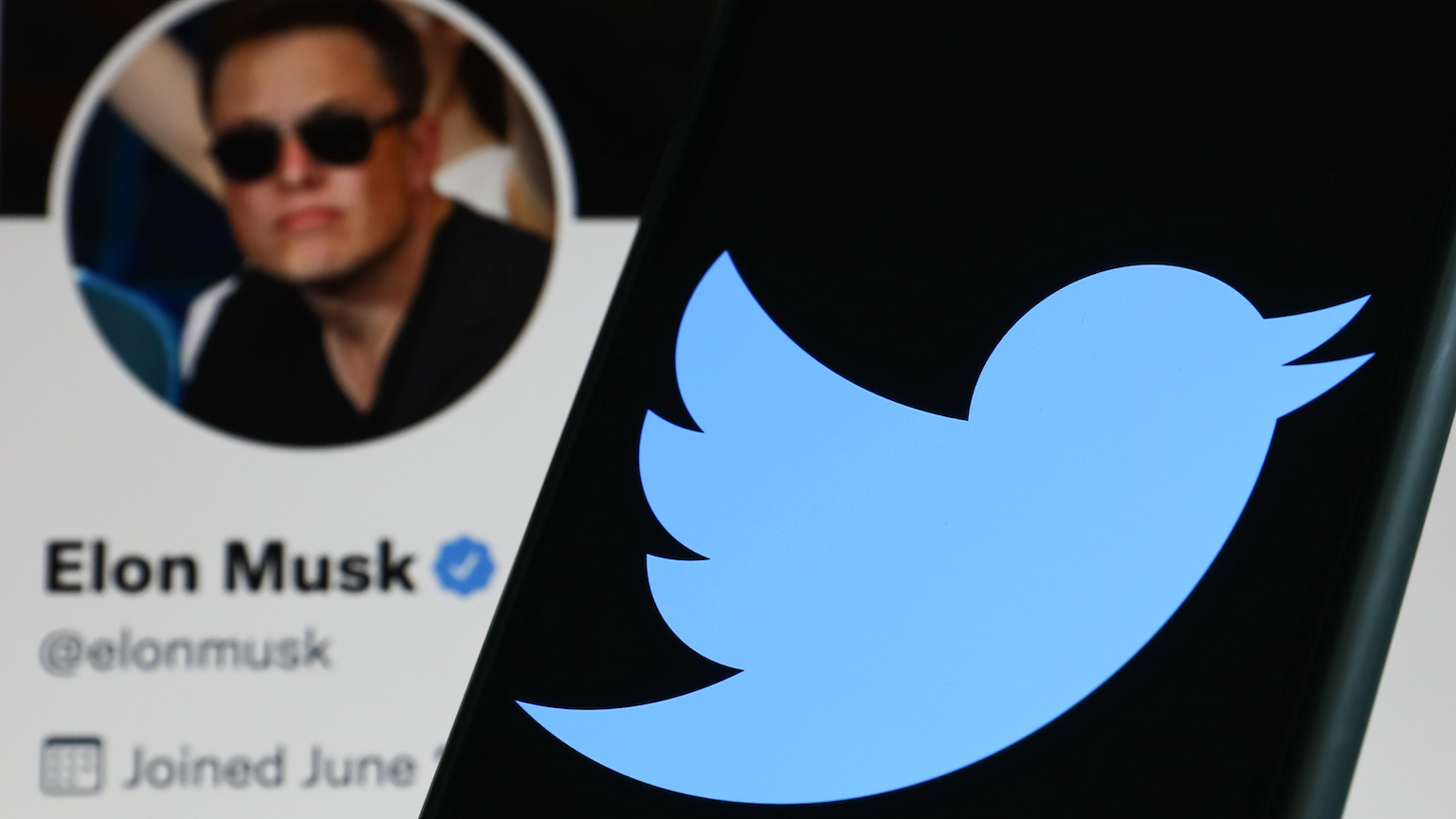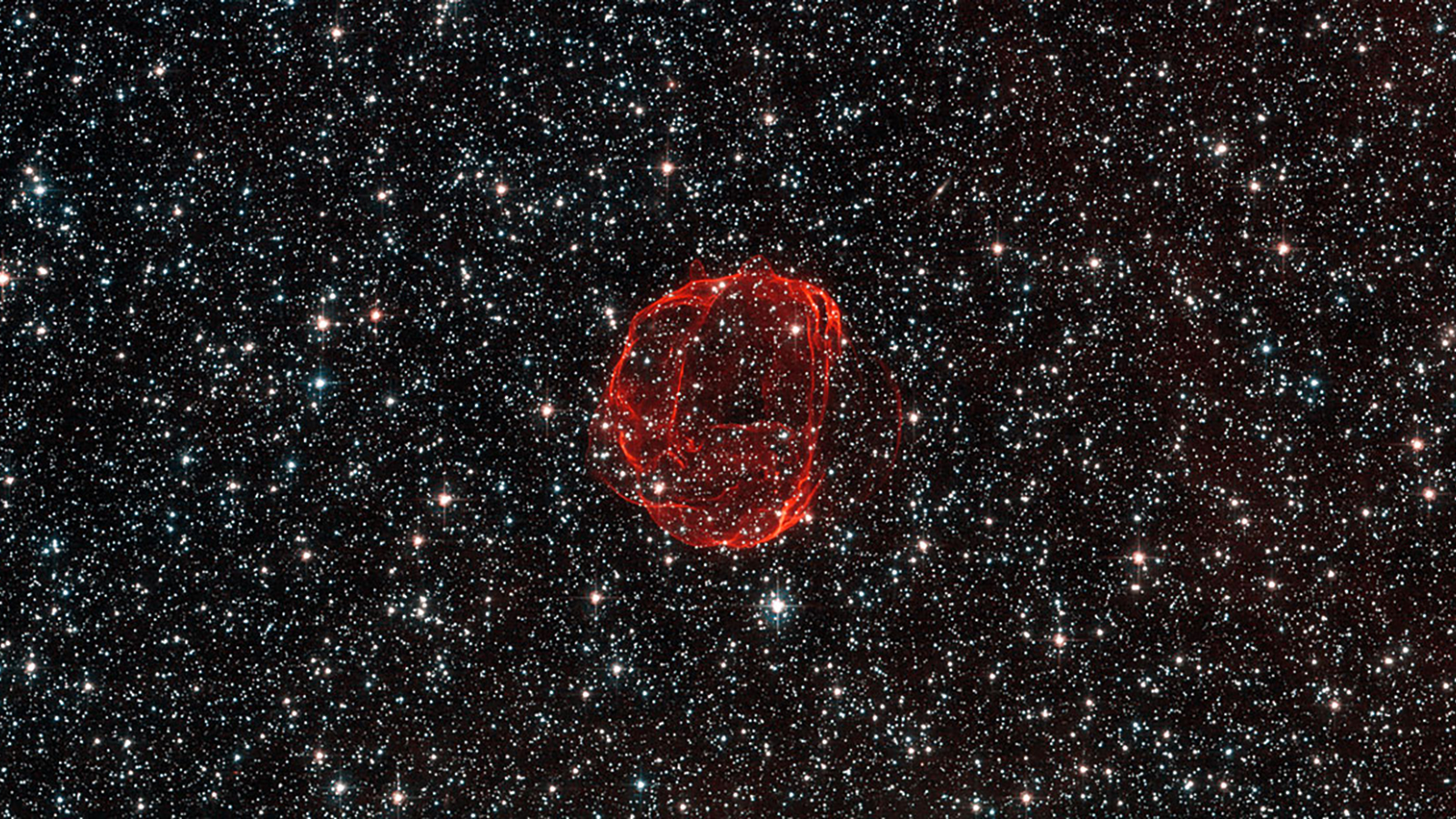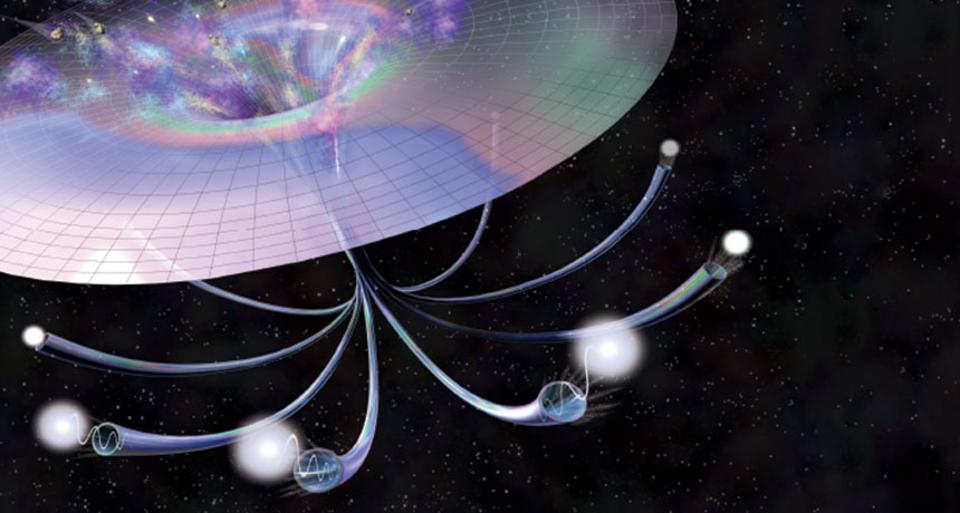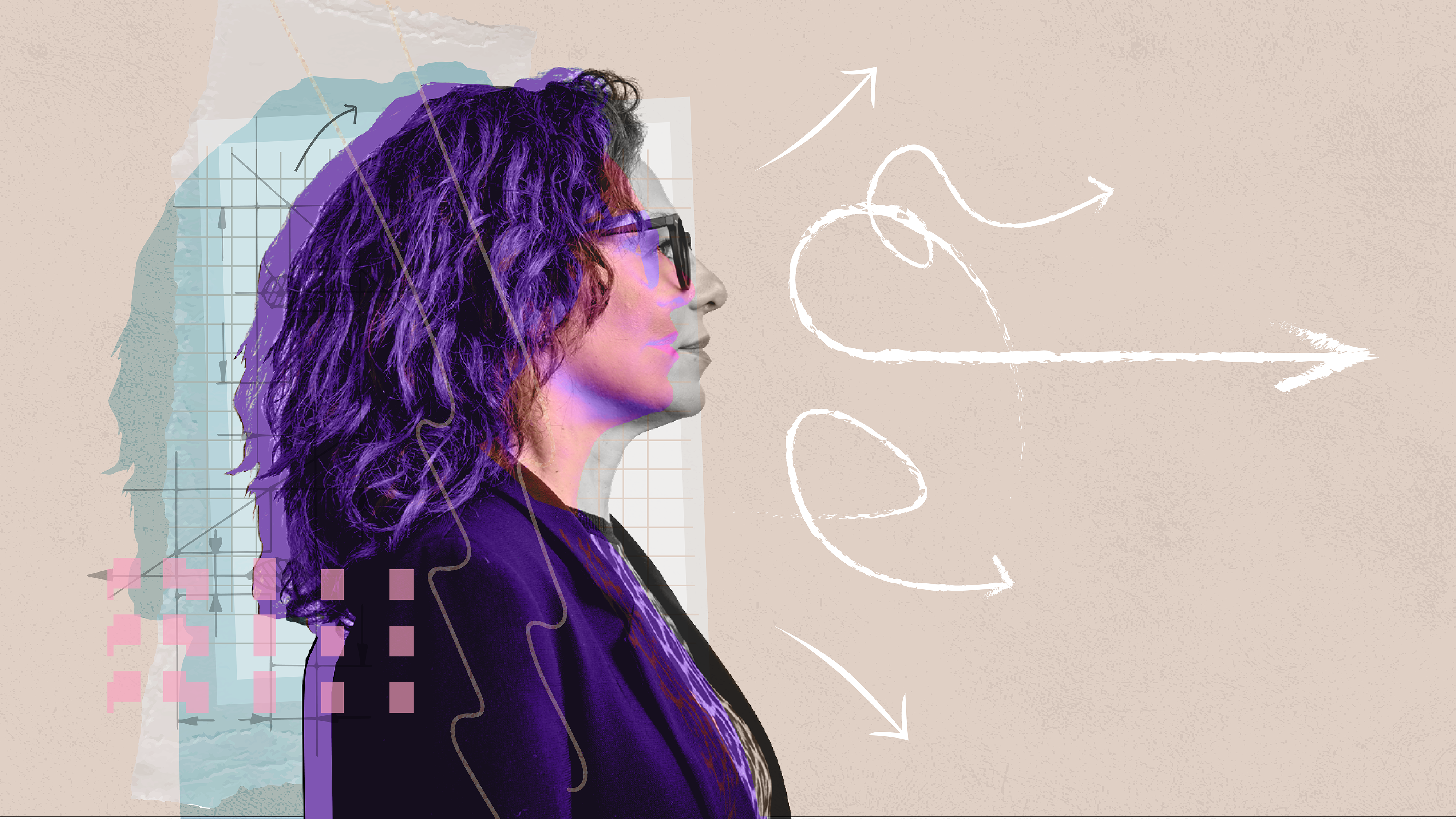Almost everything we can observe and measure follows what’s known as a normal distribution, or a Bell curve. There’s a profound reason why.
Search Results
You searched for: Imagin today
James Suzman lived with a tribe of hunter-gatherers to witness how an ancient culture survives one of the most brutal climates on Earth. His learnings may surprise you.
▸
8 min
—
with
Most people have a distorted view of what being a scientist is like. Scientists need to make a greater effort to challenge stereotypes.
Some constants, like the speed of light, exist with no underlying explanation. How many “fundamental constants” does our Universe require?
If you’re a massless particle, you must always move at light speed. If you have mass, you must go slower. So why aren’t any neutrinos slow?
A history of othering, experimentation, and mystery.
Did fire change the development of the human brain?
Hindsight can cloud our predictive abilities but big data can de-mist forecasting — now AI is sharpening that focus.
The Universe is expanding, and the Hubble constant tells us how fast. But how can it be a constant if the expansion is accelerating?
Anxieties about being identified will be superseded by fears of being analyzed.
Brain-computer interfaces could enable people with locked-in syndrome and other conditions to “speak.”
Yes, dark energy is real. Yes, distant galaxies recede faster and faster as time goes on. But the expansion rate isn’t accelerating at all.
The history of hell doesn’t begin with the Old Testament. Instead, hell took shape in the 2nd century from Mediterranean cultural exchange.
The first personality tests revolved around assessing people’s reactions to ambiguous and often unsettling images. Today, the gold standard is a barrage of questions.
The history of cartography might have been very different if the Latin version of Muhammad al-Idrisi’s atlas had survived instead of the Arabic one.
Look out at a distant object, and you’re not seeing it as it is today. It’s size, brightness, and actual distance are all different.
All nations have founding myths, but none are quite like Russia’s.
From “The Castle of Otranto” to “The Lord of the Rings” trilogy, these books changed the literary landscape.
In a world where we assume people tell the truth, liars prosper. To stop them from exploiting others, here are three rules to catch a liar.
It’s knowledgeable, confident, and behaves human-like in many ways. But it’s not magic that powers AI though; it’s just math and data.
Elon Musk’s successful bid to take over Twitter has fragmented the internet along predictably partisan lines. But only time will tell whether this is a good or bad thing.
Once the initial blaze of heat dissipated, the constituent particles of atoms were free to bind.
Without Étienne-Joseph-Théophile Thoré, the genius of the Dutch painter Johannes Vermeer would have been lost to time.
The modern attention economy hijacks our ability to focus, but an ancient technique offers a means to get it back.
Awe is a powerful force, a fact that is both exciting and terrifying.
Why does the DMT experience feel so familiar to some people — even those who are trying the psychedelic for the first time?
Successful alpha leadership is more about caring and healing than dog-eat-dog supremacy.
Billions of years ago, the ever-increasing entropy must’ve been much lower: the past hypothesis. Here’s how cosmic inflation solves it.
What if your best friend was an informant?
Many capabilities contribute to effective change leadership, but four stand out as vitally important at a macro level.


